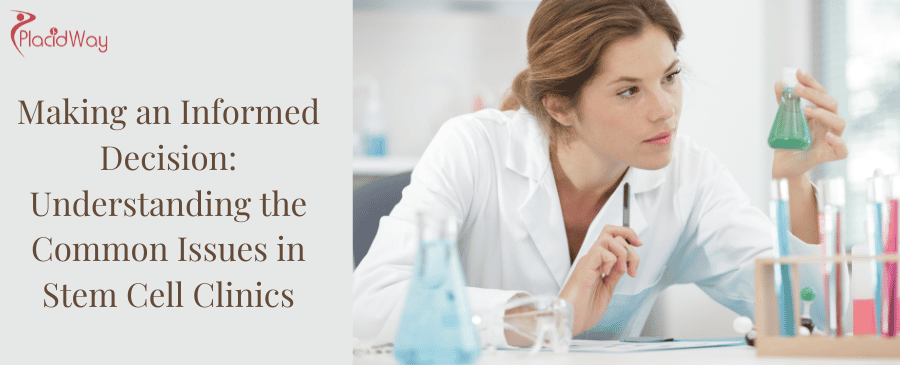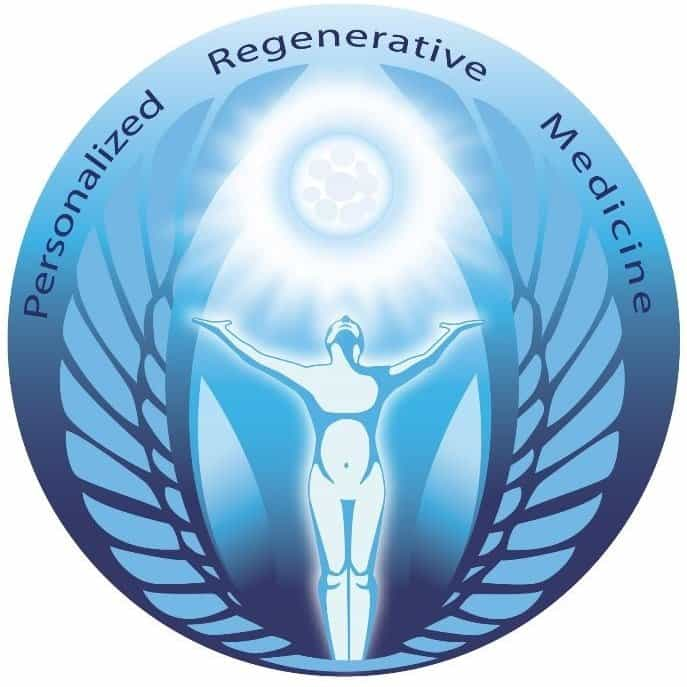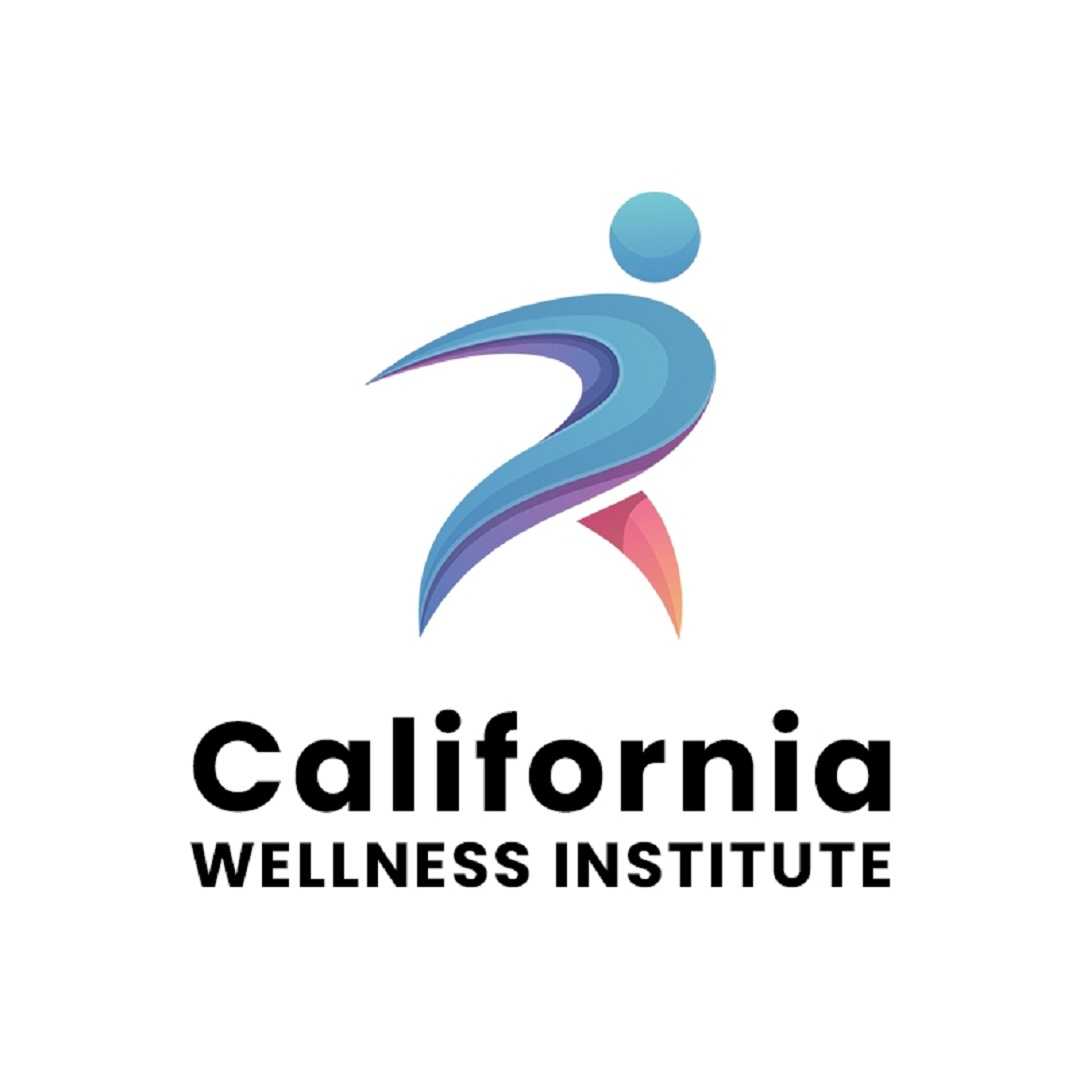
Are you interested in learning about stem cell clinics and the potential issues you should be aware of? If so, you've come to the right place! Stem cell treatments have gained popularity in recent years as promising solution for various medical conditions.
However, as with any new and rapidly developing field, some common issues have arisen in stem cell clinics. In this article, we will delve into some of these problems and help you make informed decisions when considering stem cell treatments. Let's get started!
Lack of regulation
One of the biggest issues with stem cell clinics is the lack of regulation in the field. Unfortunately, this lack of oversight has led to some clinics making false claims and administering potentially dangerous treatments. With no governing body to enforce standards and regulations, anyone can open a stem cell clinic and start offering treatments without proper training or certification.
This has resulted in patients undergoing ineffective treatments or suffering from harmful side effects. In some cases, unproven stem cell therapies have even been used instead of established treatments, putting patients at risk. So, it's important to be vigilant and thoroughly research any stem cell clinic you are considering, to ensure that they are reputable and following best practices.
Additionally, it's always wise to consult with your doctor before undergoing any stem cell treatments, as they can provide you with important information and help you weigh the potential benefits and risks. With the right information and careful consideration, you can decide about whether stem cell therapy is right for you.
Unproven treatments
Another common issue with stem cell clinics is the use of unproven treatments. Stem cell therapy is a rapidly developing field, and while there is a lot of promise, many treatments are still experimental and have not been thoroughly tested or approved by regulatory bodies.
Some stem cell clinics offer treatments that have not been backed by scientific evidence, and make false or exaggerated claims about the benefits of these treatments. This not only puts patients at risk of harm, but also undermines the credibility of the entire field of stem cell therapy.
It's crucial to be aware of this issue and to thoroughly research any treatments you are considering. Look for treatments that have been tested in clinical trials and have shown promise in improving medical conditions. Make sure to ask questions and fully understand the risks and benefits of any treatment before you undergo it.
Misleading information
Unfortunately, another common issue in stem cell clinics is misleading information. With the lack of regulation in the field, some clinics may provide inaccurate or incomplete information about their treatments.
For example, they may overstate the benefits of certain treatments or downplay the risks. They may also make false claims about the success rates of their treatments, or use anecdotal evidence instead of scientific data to support their claims.
This kind of misleading information can be confusing and frustrating for patients, who may make decisions based on false or incomplete information. It can also make it difficult to evaluate the safety and efficacy of different stem cell treatments, further exacerbating the problem.
So, it's essential to be diligent in your research and to ask questions when considering stem cell treatments. Don't be afraid to ask for references, statistics, or scientific studies that support the clinic's claims. And, as always, consult with your doctor before undergoing any treatments, to ensure that you have the most accurate and up-to-date information.

Stem Cell Therapy Cost
Another important issue to be aware of when it comes to stem cell clinics is the cost of treatments. Unfortunately, many stem cell treatments are not covered by insurance and can be quite expensive, with prices ranging from a few thousand dollars to tens of thousands of dollars.
This can be a major challenge for patients, who may be tempted to choose less expensive, less reputable clinics in order to save money. However, this can be a dangerous decision, as these clinics may not have the same level of expertise or use the same quality of materials as more established, higher-priced clinics.
Additionally, some clinics may offer financing options or payment plans, which can make treatments seem more affordable. However, these options can also lead to hidden fees or long-term financial obligations, and to fully understand the terms and conditions before signing up.
So, it's important to carefully consider the cost of stem cell treatments and weigh the potential benefits against the financial commitment. Make sure to compare prices and services offered by different clinics, and to fully understand the financial implications of any treatments you are considering.
Unqualified staff
In the world of stem cell clinics, you should also be aware of the unqualified staff. With the lack of regulation in the field, some clinics may employ individuals who are not properly trained or certified to administer stem cell treatments.
This can lead to improper administration of treatments, which can put patients at risk of harm. Additionally, untrained staff may be unable to answer important questions or provide accurate information about the treatments being offered.
So, it's important to research the qualifications of any staff members you may encounter at a stem cell clinic. Look for clinics that employ licensed medical professionals, such as doctors, nurses, and medical technicians, who have the training and experience necessary to administer treatments safely and effectively.
Therefore, it's always wise to ask questions and to fully understand the qualifications and experience of any staff members you may interact with. By doing so, you can ensure that you are in good hands and that the treatments you receive are administered by qualified, experienced professionals.
Quality of stem cells
As the field of stem cell therapy continues to evolve, it's important to understand that not all stem cells are created equal.
Some clinics may use low-quality stem cells that have not been properly harvested, stored, or processed, which can reduce the efficacy of treatments and put patients at risk of harm. Additionally, some clinics may use stem cells obtained illegally or without proper oversight, which can be unethical and potentially dangerous.
So, it's important to research the quality of the stem cells being used by any clinic you may be considering. Look for clinics that use high-quality, properly sourced stem cells that have been processed under strict, regulated conditions.
Lack of follow-up care
Another important issue to be aware of in stem cell clinics is the lack of follow-up care. While many clinics may offer stem cell treatments, they may not provide ongoing support or follow-up care to ensure that patients are healing properly and experiencing the desired outcomes.
This can be a major problem, as stem cell treatments can sometimes have unexpected or prolonged side effects that may not be immediately apparent. Additionally, some patients may experience complications or negative reactions to treatments that require ongoing monitoring and support.
So, it's important to research the follow-up care offered by any stem cell clinic you may be considering. Look for clinics that offer comprehensive follow-up care, including regular check-ins, monitoring, and support to ensure that patients are healing and experiencing the desired outcomes.
Understand the follow-up care and support provided after any treatments you receive. This way, you can help ensure that you receive the best possible care and that your health and well-being are protected.
Take Precautions for a Safe and Effective Stem Cell Treatment
Stem cell clinics offer patients the promise of innovative treatments and cures for various medical conditions. However, it's important to be aware of the potential issues and challenges associated with these clinics, including lack of regulation, unproven treatments, misleading information, cost, unqualified staff, quality of stem cells, and lack of follow-up care.
Research the qualifications of staff members, the quality of stem cells used, the follow-up care offered, and the information provided about treatments. Always ask questions to fully understand what you can expect.
Don’t hesitate to contact PlacidWay team to help you experience safe and effective regenerative medicine treatment and avoid common issues by choosing accredited stem cell centers.


.png)














Share this listing